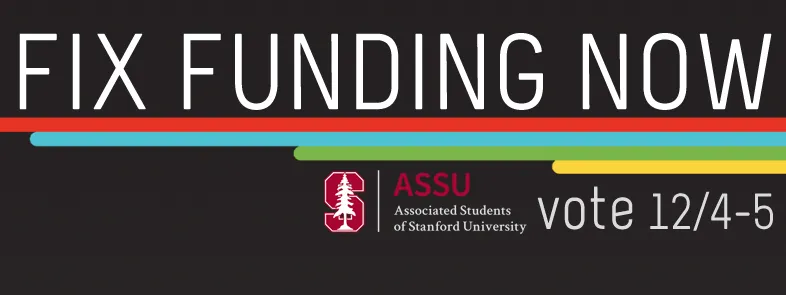Table of Contents
As I mentioned earlier, my econometrics predictions didn’t fare so well (resulting in some, shall we say, less than complimentary comments as well). This wasn’t surprising (to say the least); using a single year’s worth of data to make predictions is much like the weather forecaster trying to predict the daily highs and lows from a month out (chaos theory means that he’ll have a pretty tough time of it). In any case, like any good eager econometrician, what has my reaction been? To gather more data and keep trying, of course. Conveniently, we’ve recently had an election, which means that I can not only update the general model, but also expose more about this year’s election results. First, here’s an updated general elections model:
- [](http://blog.stanfordreview.org/content/images/2010/04/Basic-Two-Year-Regression.png)
First, we notice that everything except the dummy variable for the year of the election (0 for 2009, 1 for 2010) is significant and positive. Each petition was worth an extra 2.4 votes, bring a sophomore was worth 97 votes, and being a junior a full 131 votes! SOCC received an enormous boost from this years data, which pushed its total endorsement bonus to almost 329 votes, while the SBS/SUN endorsement was worth only about 150. Running as a sophomore or a junior means that one has had the opportunity to build broader friend (and vote) bases at Stanford, but it also likely means that one simply has a greater desire to win. Running as a freshman can be more of a lark than a run as a sophomore or junior, where one has seen the amount of work it takes to win and to be an effective Senator. Finally, this data is also including the incumbency factor for Michael Cruz, Shelley Gao, and Zachary Johnson and the second attempt factor for Rafael Vasquez and Ben Jensen. A dummy variable that captured those effects might weaken the seeming sophomore/junior advantage. Is that indeed the case?
The next crucial question is why petitions are a significant vote determinant. There are two reasons to believe that petitions might help: first, there is the argument that a higher petition is the result of early campaign efforts and an effort to get one’s name out early; second, there is the argument that a high petition total is the result of natural charisma and campaigning ability. What is it? Thanks to Tim Ford, I have information on the Facebook groups, events, or fan pages of all of the candidates for this year and I have used that as a proxy for campaigning ability (since these pages generally did not go live until elections week). What do we find?
What happens when we include both the Facebook and Petitions variables? Since they are strongly correlated (as they both capture instant name recognition, charisma, and campaign efforts), neither is strongly significant, although Facebook remains marginally significant, showing that it is the better proxy.
So what are the lessons from this election (econometrically speaking)?
-
Max out the number of people that join your Facebook group/fan page/event. Don’t sweat Petitions as much.
-
If you can swing it, being an incumbent never hurts.
-
Get SOCC-endorsed.
-
If you’re independent, have great flyers (“Shawi like a melody” anyone?) or drop out. The way the current system stands, endorsements hold a lot of weight, so competing without them is an incredible uphill fight.
Of course, I don’t actually want anyone to drop out of the election just because you didn’t receive an endorsement. It just speaks ill of our system of endorsements and that system’s interplay with our 15 vote allowance that enables the disproportionate weight of endorsements.








